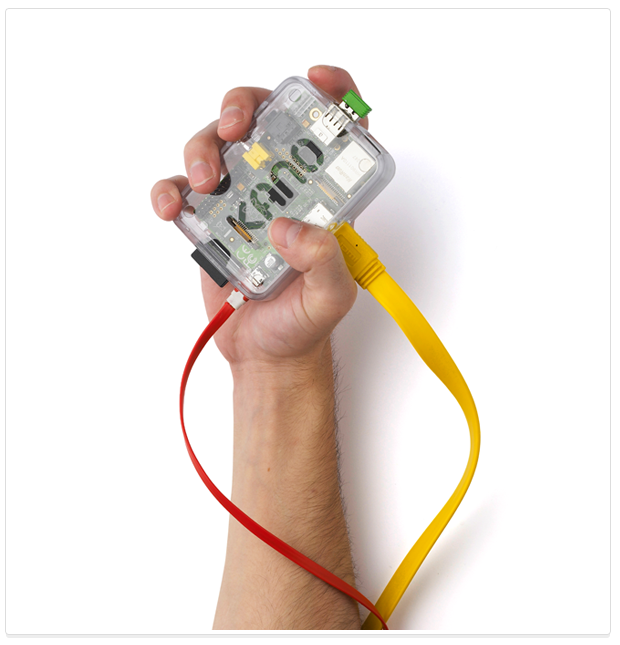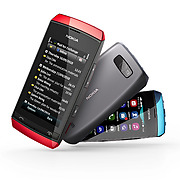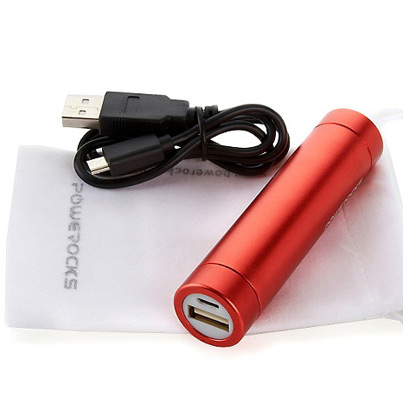I call them Mars kids.
They are the children who will grow up to see the first human step foot on Mars. While the majority of them will watch the epic event of a human presence on Mars, some of them will have another role. They will be the ones that made it possible.
Working as the front man for Reglue, I have the opportunity to watch school kids learn, as opposed to merely seeing the grades they accomplish by learning. I am able to watch the learning process itself. Some of it anyway.
In the summer of 2009, our organization began a summer program called Camp HeliOS. We held a three day camp in which kids took a computer apart and then put it back together again. We made sure that every kid was equally invested in the project.
Ken Starks is the founder of the Helios Project and Reglue, which for 20 years provided refurbished older computers running Linux to disadvantaged school kids, as well as providing digital help for senior citizens, in the Austin, Texas area. He was a columnist for FOSS Force from 2013-2016, and remains part of our family. Follow him on Twitter: @Reglue











